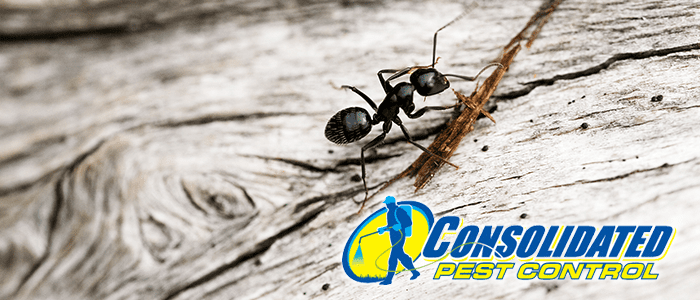Fruit flies (“Drosophila“) have been used in medical research for over 100 years. Their short life spans and simple gene manipulation make Drosophila experimentation one of the least costly currently available to researchers. Discoveries made by studying fruit flies include breakthroughs in genetics, physiology, cancer research, neurology, longevity, and circadian rhythms in humans. Because approximately 75% of known human disease genes have a recognizable match in the genome of fruit flies, the following experimental research projects are benefiting from fruit fly research.
- TNT Detoxification: A gene found in the fruit fly can be successfully used to detoxify land still contaminated with TNT from World War II. The fruit fly has an enzyme which attaches itself to a TNT molecule and is able to modify it and make it less toxic to the environment. This is an encouraging direction towards leaving a cleaner earth for our grandchildren.
- Food Comas: There’s a biological reason why we get sleepy after eating a heavy meal. There is an interaction between sleep and metabolism. Fruit flies become lethargic and/or fall asleep for about 30 minutes after a large meal, and the more flies eat, the longer they sleep. Researchers recorded the activity of the flies before and after feeding. Then, the researchers focused on post-meal sleep. Studying the relationship between diet and sleep has indicated the importance of leucocidin receptor neurons in our sleep cycles.
- Social Evolution: When a male fruit fly gets aggressive, he rears up on his back four legs and batters his foe with his front pair. Neither fly seems particularly damaged by the encounter, but their subsequent actions are telling about social evolution, according to an evolutionary biologist, Julia Saltz. She reinforced the well-established hypothesis in psychology that individuals are not merely subject to their social environments, but choose and create them through their interactions.
- Nociception: Researchers have established the fruit fly as a dominant genetic and behavioral model for unraveling questions about the cellular and molecular basis of damaging, cold perception. The study explores the peripheral and central nervous systems’ perception of painful, tissue damaging stimuli.
- Cancer: Fruit flies have provided in-depth information of how tumors form and grow. The findings prove beneficial not just in the treatment of cancer, but also in developing personalized cancer treatments based on an individual’s genetic profile. Given the remarkable similarities of the molecular pathways that exist between flies and humans, Drosophila is destined to become one of the hottest models for cancer research.
- Longevity: This study looks at sensory perceptions and the aging process as they relate to sexual and social activities. Male flies’ lifespans decrease without the opportunity to mate after exposure to female pheromones. Therefore, it seems sexual reward contributes to healthy aging.
- Space Flight: Fruit flies are genetic models orbiting Earth alongside the astronauts on the International Space Station. The effects of long-term space flight on human beings, such as cardiovascular fitness, restorative sleep, stress, aging, and the immune system are some of the health challenges faced while in space. As it turns out, the same trials happen to fruit flies.
Unless you’re an evolutionary biologist, you may not appreciate the fruit fly, especially in your kitchen. If you have any questions about our cousin, Drosophila, please contact us. Consolidated Pest Control can keep fruit flies out of your kitchen and in the laboratories, where they belong.








